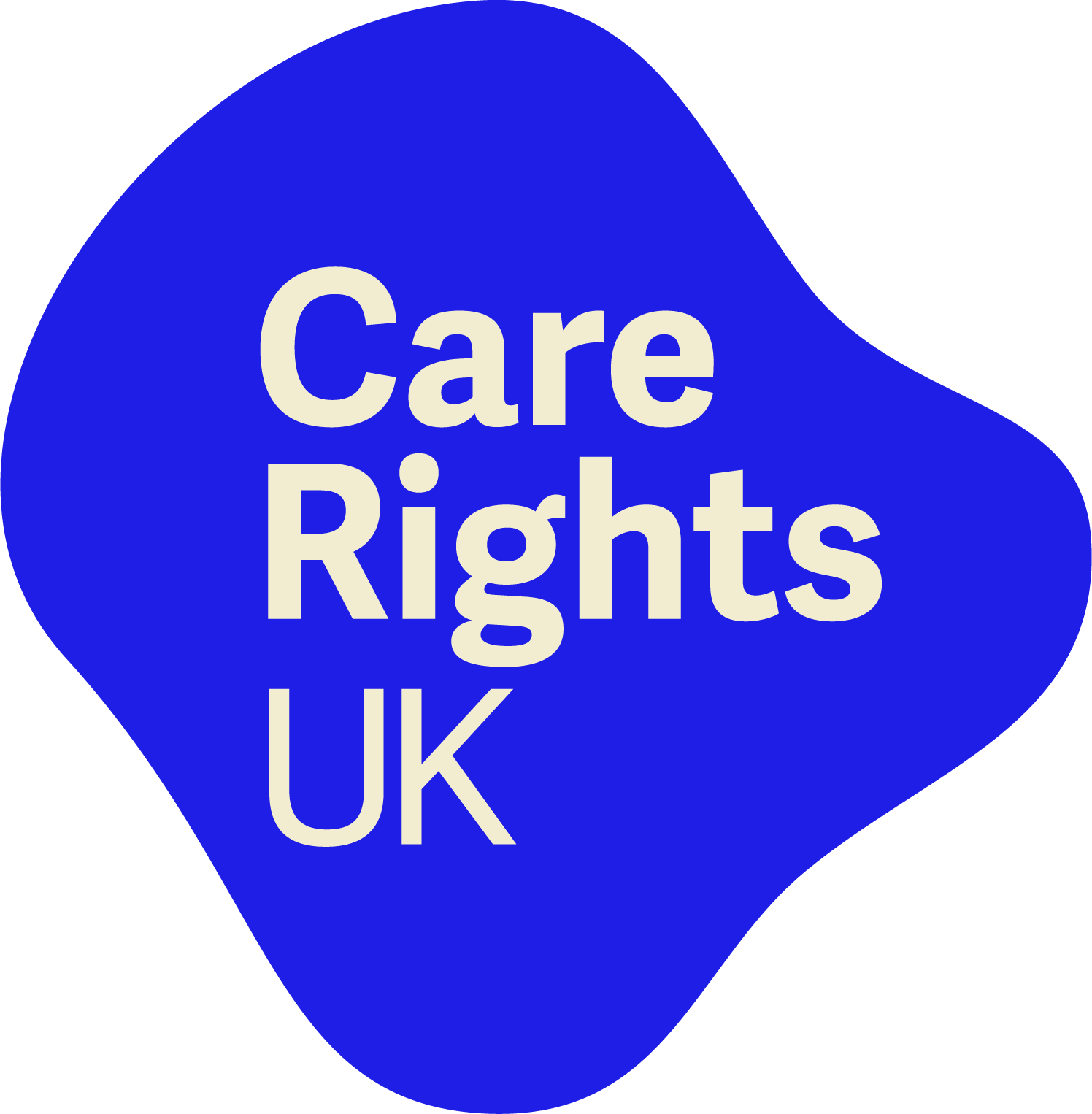Disclaimers: pointless and damaging
As care homes reopen to visitors, our helpline has heard about the concerning use of disclaimers. One relative got in touch about a disclaimer they had been asked to sign to confirm that they understood the risk of COVID-19 and would comply with infection control procedures but it also contained very broad, sweeping clauses. It attempted to release the home from any liability or claim should the relative suffer any damage or illness from the visit. This raised alarm bells for the relative, and for our helpline workers.
After a bit of digging, some very helpful, eminent lawyers confirmed that our scepticism about the disclaimer was well placed. With such sweeping assertions, this kind of disclaimer isn’t worth the paper it is written on. It is unlikely to be legally enforceable as a care provider cannot just agree their way out of their legal duty of care.
Our care provider contacts confirmed the same. They view such disclaimers as meaningless. Rather than giving the care home the protection they seek, asking relatives to sign such statements only creates more distrust and damages relationships at a time when they may already be strained.
Instead, care providers should be building bridges with families after such a challenging period. A key starting point is communicating openly and honestly about the procedures the home has put in place to manage the virus and the important role visitors play in that, as partners in care, to allow the home to return to an open, inclusive culture.
This got us thinking: how many other families have been asked to sign such broad disclaimers? How many other relationships are being damaged unnecessarily by these pointless, unenforceable statements?
If you have been asked to sign a disclaimer, please let us know via our confidential helpline.
Thank you to lawyers at Leigh Day for their help and advice on this issue.
